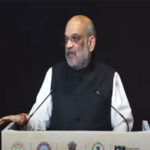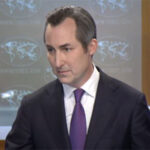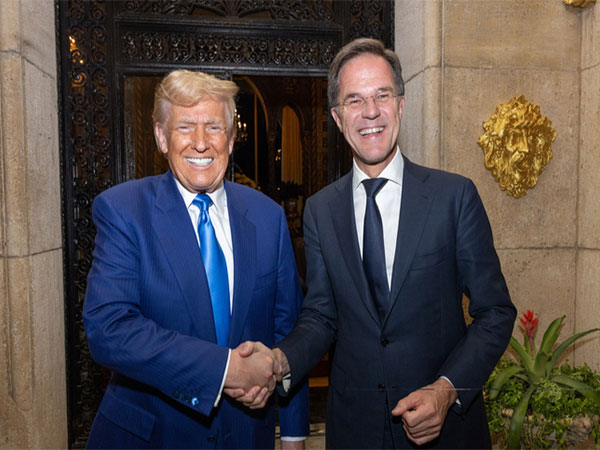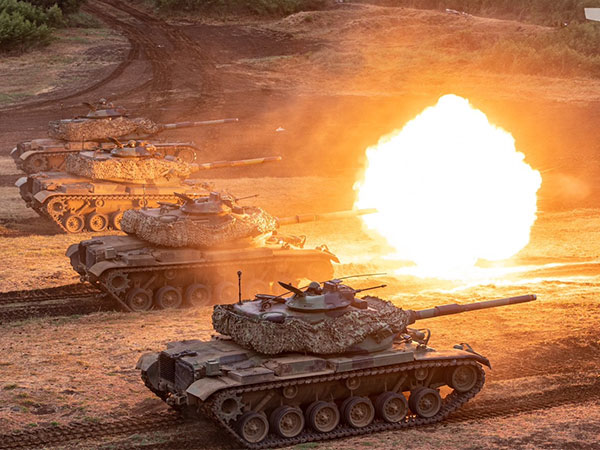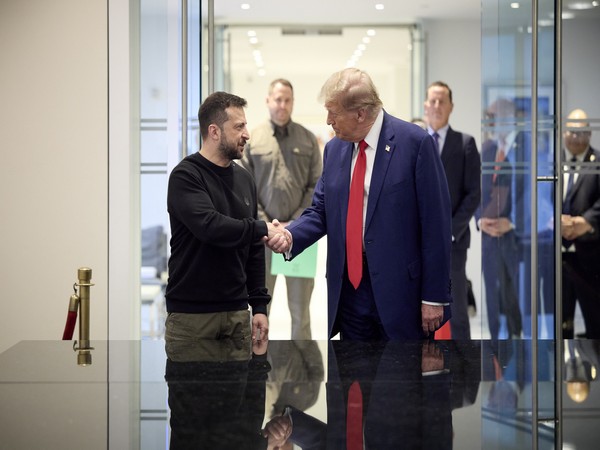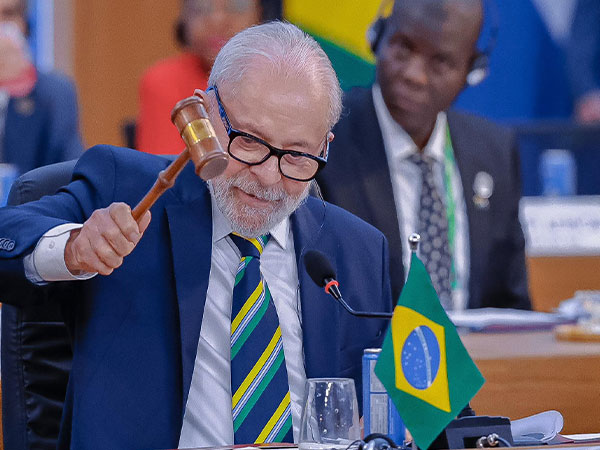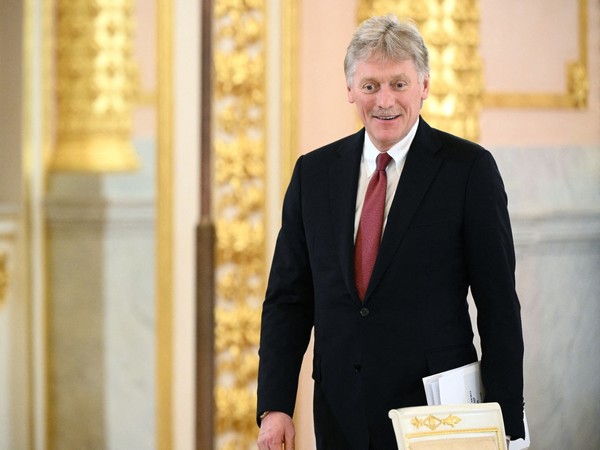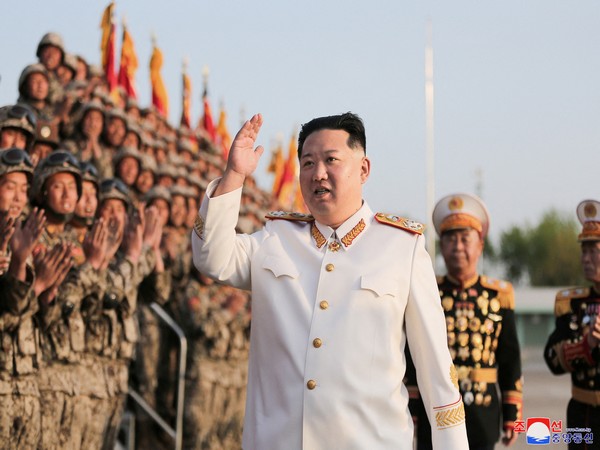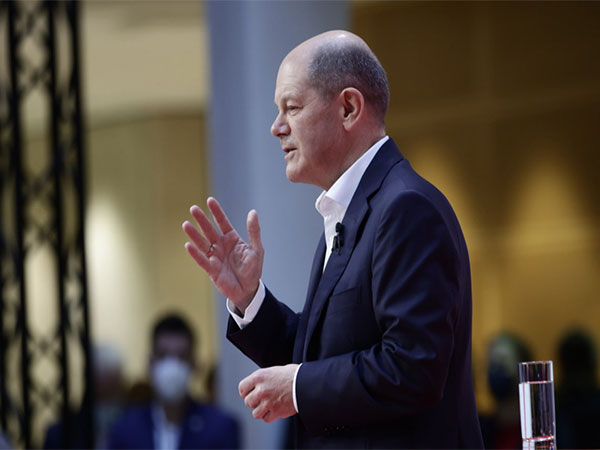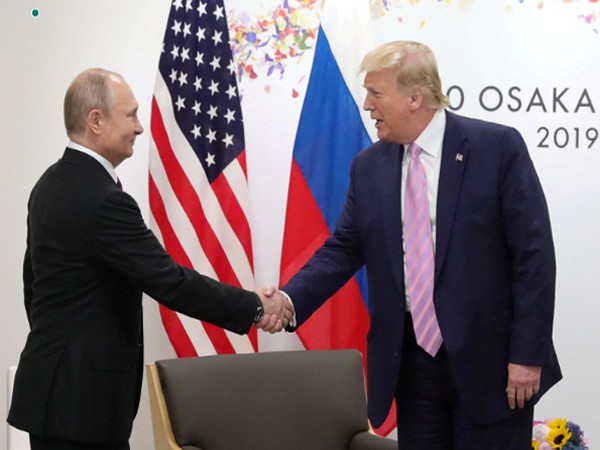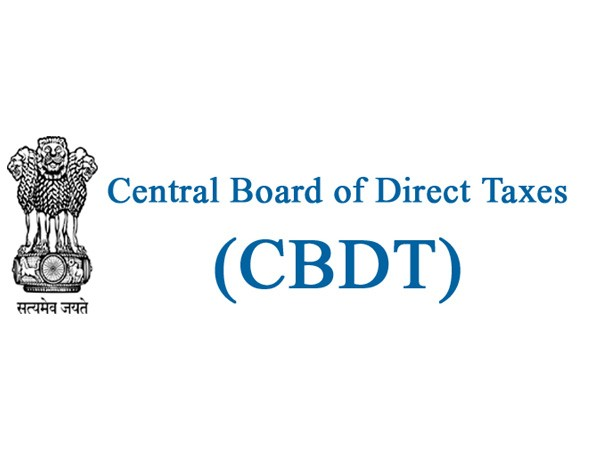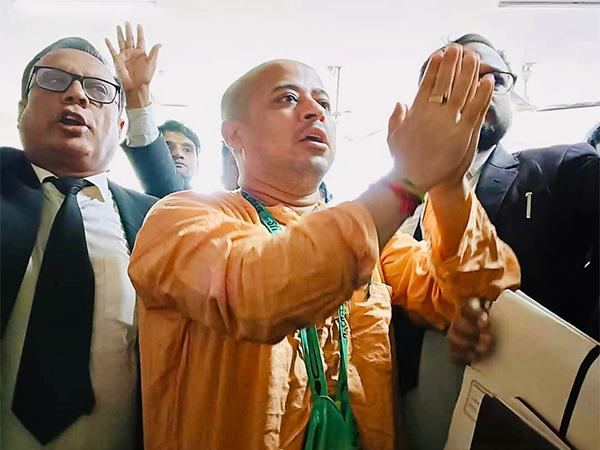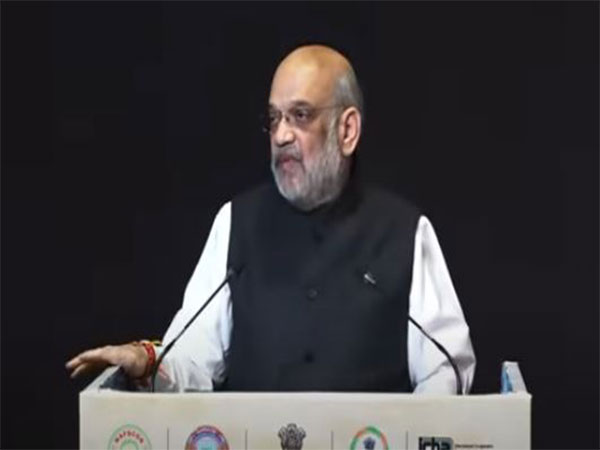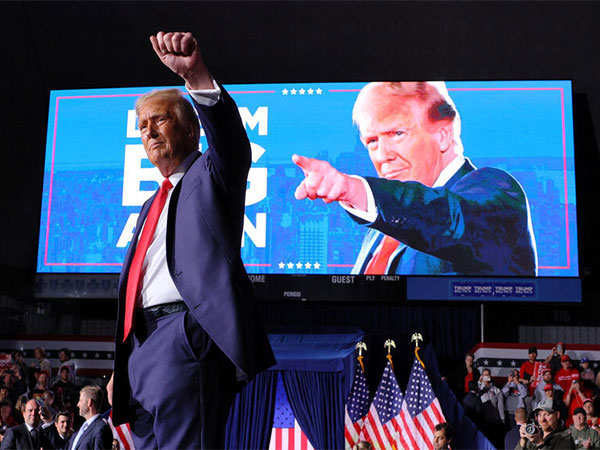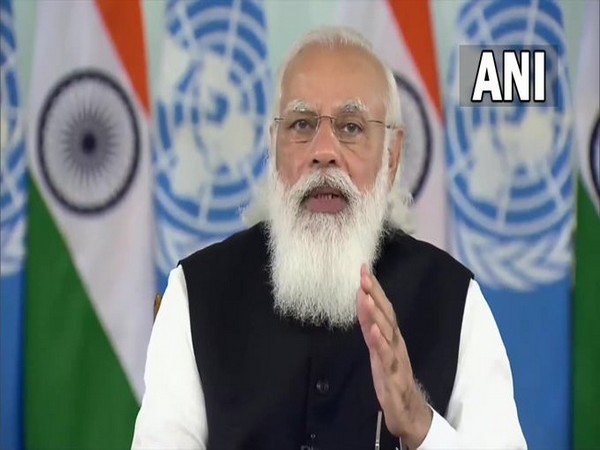
New Delhi [India], August 9 (ANI): Calling for the removal of barriers to legitimate maritime trade, Prime Minister Narendra Modi on Monday told the High-Level Open debate in UN Security Council that “prosperity of all” is dependent on the active flow of maritime trade and any hindrance to it can threaten the entire global economy.
Charing the debate on ‘Enhancing Maritime Security: A Case for International Cooperation’ through video conference, PM Modi said sea routes are the lifeline of international trade and the shared maritime heritage is facing many challenges.
He put forward five basic principles on maritime security strategy including “settlement of maritime disputes on the basis of international law”.
“We should remove barriers from legitimate maritime trade. The prosperity of all of us is dependent on the active flow of maritime trade. Any hindrance to it can threaten the entire global economy,” he said.
“The ocean is our common heritage. Our sea routes are the lifeline of international trade. And, the biggest thing is that these seas are very important for the future of our planet. But this shared maritime heritage of ours is facing many challenges today,” he added.
Noting that sea routes are being misused for piracy and terrorism, he said there are maritime disputes between many countries.
“And climate change and natural disasters are also related to the maritime domain,” he said.
The prime minister said that the international community should face natural disasters and maritime threats created by non-state actors together.
PM Modi is the first Indian Prime Minister to preside over a UNSC meeting.
The meeting is being attended by several heads of state and government of member states of the UNSC, and high-level briefers from the UN System and key regional organizations.
PM Modi proposes five principles for maritime security, says disputes should be sorted out on basis of international law
Noting that the joint maritime heritage of the world is facing several types of challenges, Prime Minister Narendra Modi on Monday said maritime disputes should be settled peacefully and on the basis of international law.
Chairing the UNSC High-Level Open Debate on ‘Enhancing Maritime Security: A Case For International Cooperation’, he outlined five principles and called for joint efforts to combat natural disasters and maritime threats posed by non-state actors.
The Prime Minister, who chaired the meeting through video conference, said that barriers should be removed for legitimate maritime trade.
He said global prosperity depends on the active flow of maritime trade and obstacles in it can pose challenges for the global economy.
“The first principle is that we should remove barriers in legitimate maritime trade. Our prosperity depends on the active flow of maritime trade. Obstacles in this can be challenges for the global economy,” he said.
“The second principle is that maritime disputes should be sorted out peacefully and on the basis of international law only. This is very important for mutual trust and confidence. This is the only way we can ensure global peace and stability,” he added.
The Prime Minister said India has been the first responder in many disasters related to cyclones, tsunami and sea pollution.
“The third principle is we should face natural disasters and maritime threats created by non-state actors together. India has taken several steps to enhance regional cooperation on this subject. We have been the first responder in maritime disasters related to cyclones, tsunami and pollution,” he said.
PM Modi laid stress on preserving the maritime environment and maritime resources and said that oceans have a direct impact on climate.
“The fourth principle is that we have to preserve the maritime environment and maritime resources. As we know, the oceans have a direct impact on the climate. And therefore, we have to keep our maritime environment free from pollution like plastics and oil spills,” he said.
“The fifth principle is that we should encourage responsible maritime connectivity. It is clear that the creation of infrastructure is necessary to increase maritime trade. But, in the development of such infrastructure projects, the fiscal sustainability and absorption capacity of the countries have to be kept in mind,” he said. (ANI)


